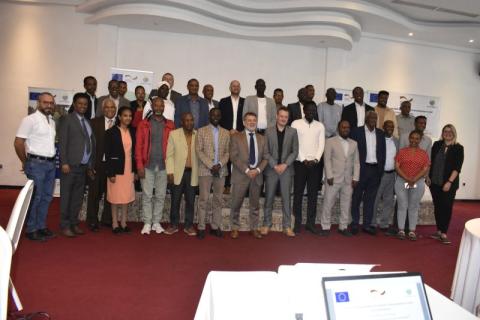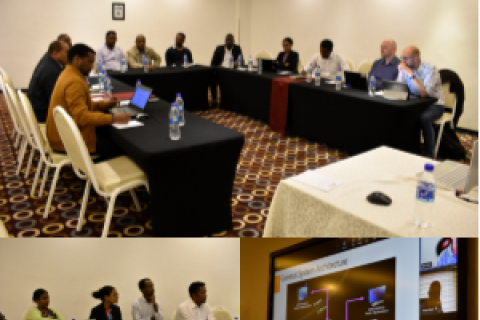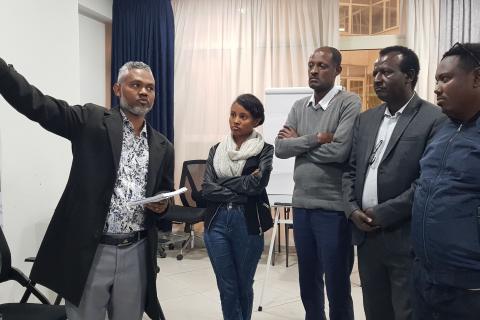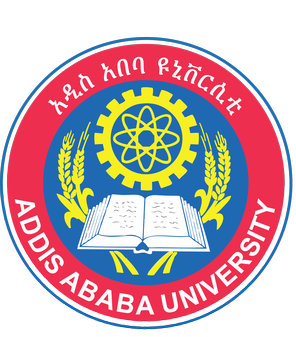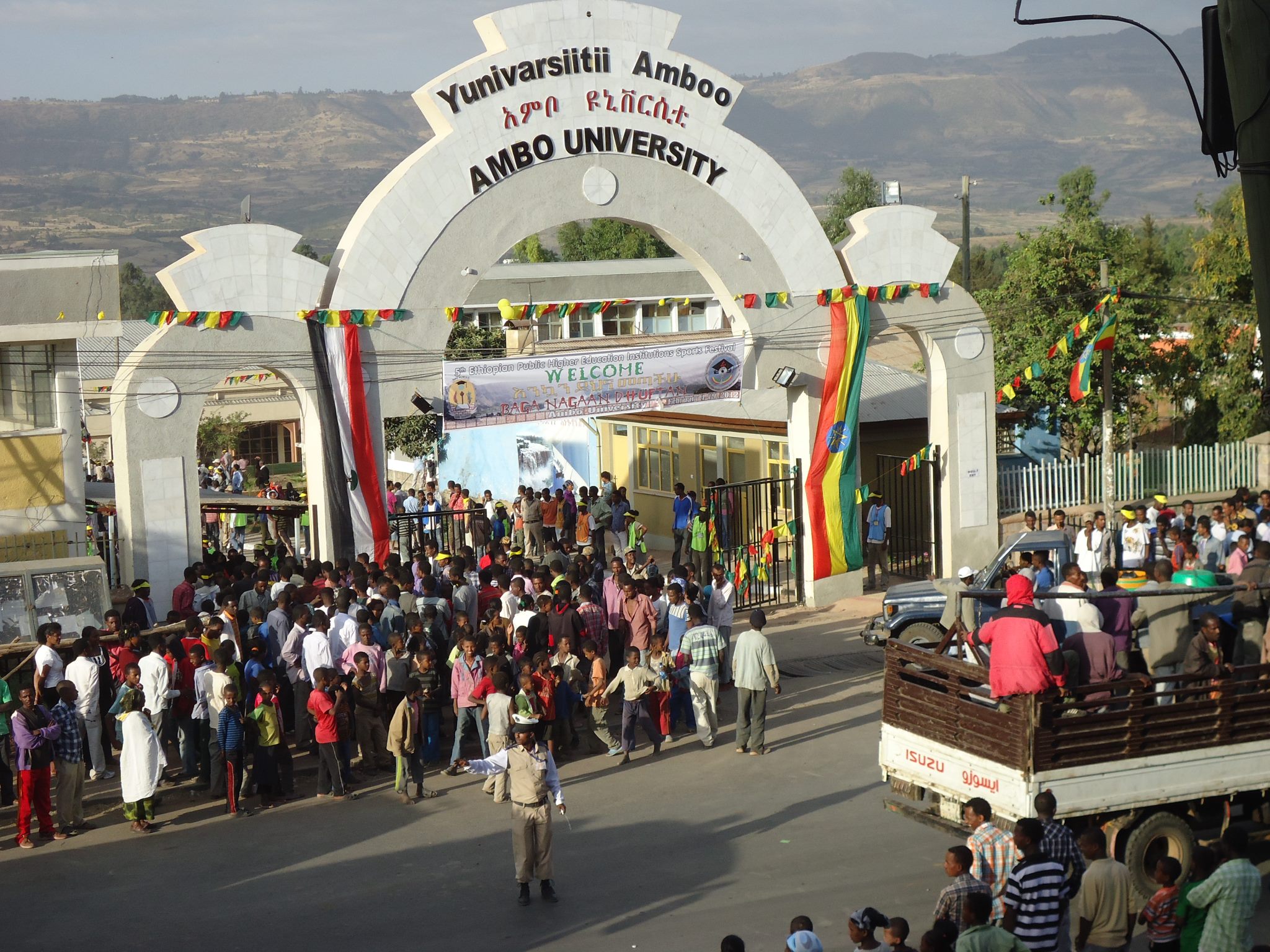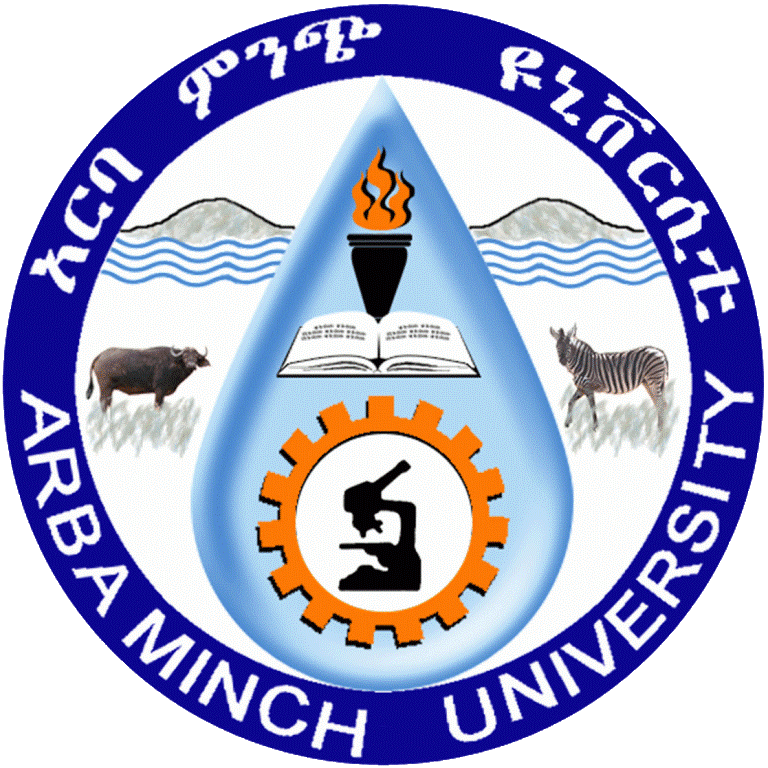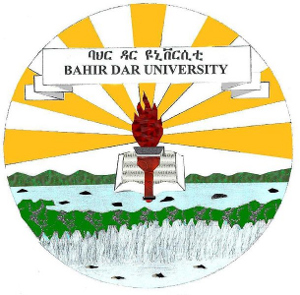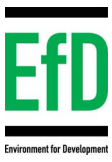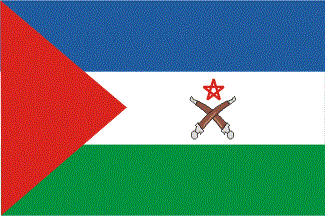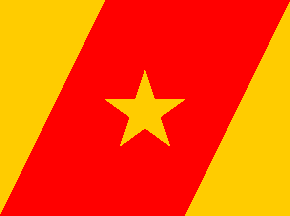Breadcrumb
Located in the Horn of Africa, Ethiopia is ecologically and culturally highly diverse and the most populous landlocked country worldwide. Its economy largely depends on agriculture and agricultural commodity exports. Farming and herding are key livelihoods to more than 80% of the population. Drought is a major issue in many areas of Ethiopia which is part of the initiative Building Resilience in Africa’s Dry Lands.
Socio-economic indicators
browse all
Land Area
112,857,126.5 ha
GDP/Capita
2,319.1 USD
Total population
120,283,000
Urban population
20.8 %
Land-related indicators
browse all
Agricultural land
37.5 %
Women owning land
0.8 %
NewsBrowse all
18 December 2023
A project of the German Federal Ministry of Economic Cooperation and Development, co-funded by the EU and implemented through the Gesellschaft für Internationale Zusammenarbeit (GIZ) GmbH has been striving to ensure that investments in land are productive, contribute to sustainable land management…
08 December 2023
A tablet-based mobile mass registration system, MASSREG software application, is developed and to be piloted to revolutionize the land registration process by enhancing accuracy, efficiency, and data security, according to the Ministry of Agriculture (MoA) in Ethiopia.
Ethiopia has implemented one…
15 September 2023
Laying the groundwork for effective land use planning
The right to land is a fundamental right with implications for other rights, such as the right to food and the right to security. In recent times, high population growth rates, unregulated urban expansion, and poor resource use have led to land…
Ethiopia
projects
- 0
- 1
- 2
- 3
- 4
- 5
Ethiopia is one of the least urbanized countries in the world with 20.8% living in urban areas. Agriculture, forestry, and livestock contribute directly or indirectly to the livelihoods of more than 80% of the population
BlogsBrowse all
06 August 2024
Photo: Kandukuru Nagarjun, via Flickr, CC BY 2.0
The recent series of ALIGN articles shed light on how civil society, impacted communities and rights defenders across the world have used strategies such as legal action, publishing of mining contracts and stakeholder dialogues to change approaches…
EventsBrowse all
Even though women are the primary users of agricultural land in most African communities, the system of patriarchy which dominates social organization has tended to discriminate against women when it comes to ownership and control of land resources. Although most legal frameworks (including the…
LibraryBrowse all
OrganizationsBrowse all
- 0
- 1
- 2
- 3
- 4
- 5
- 6
- 7
- 8
- 9
- 10
- 11

